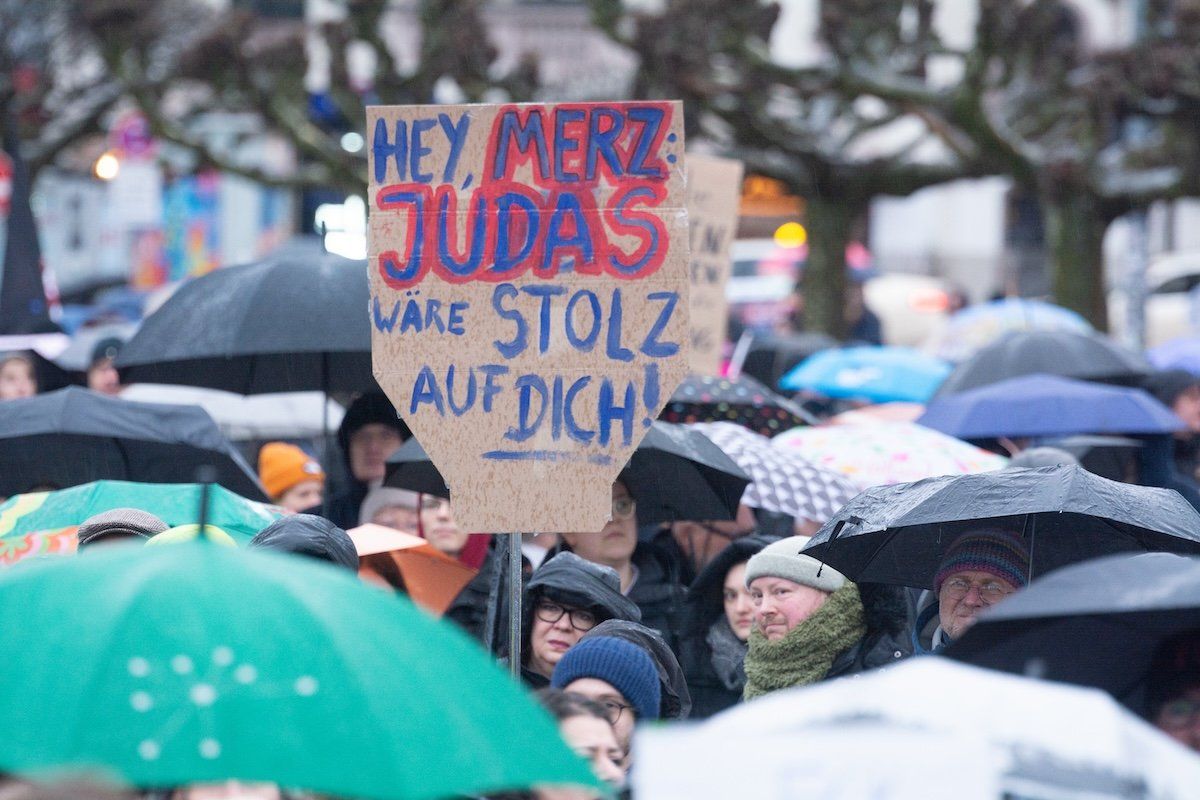German opposition leader
Friedrich Merz, of the Christian Democratic Union, stands accused of breaching a “firewall” in his country’s politics after he cooperated with the far-right Alternative für Deutschland, or AfD, to narrowly pass a motion limiting
migration.
Chancellor Olaf Scholz condemned the move as an “unforgivable mistake,” while Robert Habeck, the deputy chancellor and leader of the Green Party,implored, “Mr. Merz, don’t vote with racists. It is not necessary and it is ill-advised.”
What did the motion say? Merz’s “five-point plan” would see Germany turn back migrants at the border, in contravention of the UN convention on refugees. It comes amid public outrage after a stabbing attack by an Afghan asylum-seeker and a deadly SUV attack by a Saudi doctor at a Christmas market.
On Friday, Merz will introduce a draft migration bill based on the plan, which could become law after Germany’s upcoming election, scheduled for Feb. 23. After the anti-migration proposal vote, Merz saidhe “regretted” relying on the AfD and offered to hold discussions with the ruling Social Democrats and Greens prior to presenting the bill.
Why did Merz cave? In a word, votes.Polls show 66% of Germans support his migration plan, but opposition parties including Merz’s Christian Democratic Union have slipped in popularity while the populist AfD has gained ground.
